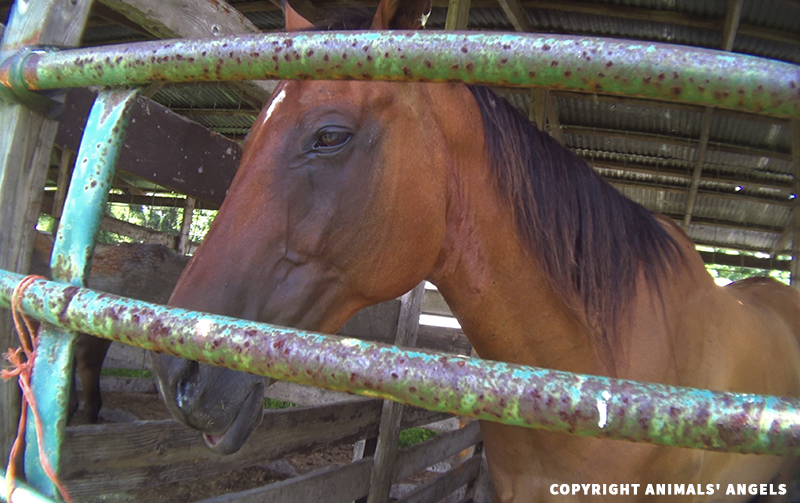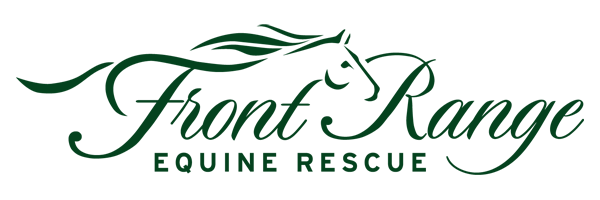
You might think Florida is all about beaches and Disney. However, Florida has a long history as an agricultural state with numerous farming and ranching enterprises. The Sunshine State boasts a large horse population including a wild horse herd in Payne’s Prairie state park and Ocala is known as “the horse capital of the world” and future home to the World Equestrian Center now under construction.
In 2010, then Governor Charlie Crist signed a law which made killing a horse a second-degree felony with a minimum one-year prison sentence.
In addition, some of Florida’s U.S. representatives work at the national level on behalf of horses. Representative Vern Buchanan (R-FL) co-sponsored the Safeguard American Food Exports (SAFE) Act (H.R. 961/S. 2006) which would prohibit the slaughter of horses in the U.S. for human consumption, as well as the export of live horses for the same purpose.
Florida laws against killing a horse along with proposed legislation like the SAFE Act share a common goal – to make horses safer from threats of abuse, neglect, and slaughter. Unfortunately, recent research and investigation show that Florida horses still end up in the slaughter pipeline.
With Front Range Equine Rescue’s support, Animals’ Angels went undercover in Florida to learn more about auctions and horse dealers potentially involved in this predatory industry. Additional evidence was obtained through FOIA requests.
At a monthly FL horse auction, investigators documented:
Two ex-racehorses (1) a 9-year-old stallion with “bad” knees and (2) a 14-year-old gelding. The owner of the stallion appeared very nervous and immediately approached investigators when they took a closer look at this horse. The owner stated the stallion was retired from the track and was supposed to be used for breeding, but he turned out to be sterile.
When the auction began, there were a few known horse traders in the audience. At the end of the sale, only six horses had sold. Both ex-racehorses were bought by private individuals. Two of the other horses, who were both visibly sick and emaciated, were not brought through the ring for sale. However, both were loaded into a truck that was parked in the back of the pen area, along with other horses the same buyer had purchased during the sale.
You can read Animals’ Angels full report here.
This is a preliminary investigation into Florida’s horse trade. Although Florida can boast of beautiful horse farms, equestrian neighborhoods, and a thriving horse show industry, questionable horse traders operate throughout the state. It is critical that research and investigations continue so that no horse ends up in the wrong hands.
